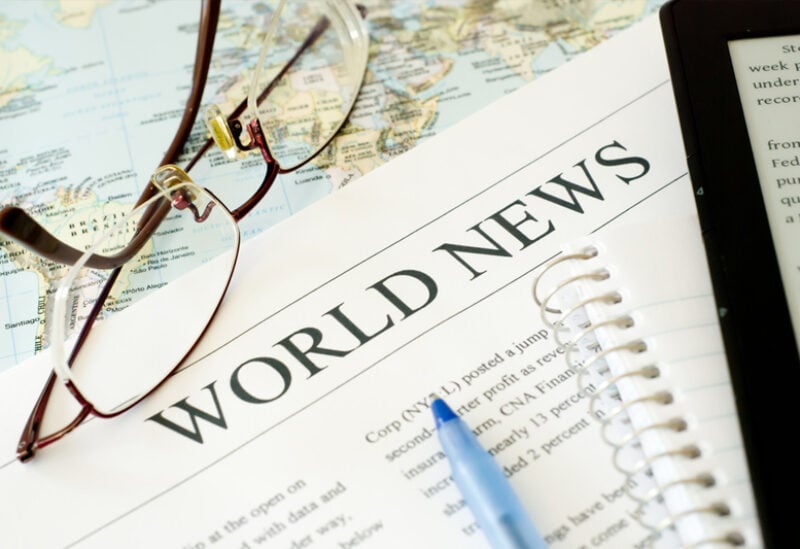
World News
A new analysis warns that the world’s biggest area harboring isolated and uncontacted tribes, deep in the Amazon rainforest, is under increasing threat from illicit logging and gold mining, expanding coca crops, and drug trafficking violence.
An unknown number of indigenous people, maybe numbering in the thousands, live in a large expanse of forest twice the size of Ireland that straddles the Brazil-Peru border.
Their longhouses in forest clearings have been seen from the air, but contacts with outsiders or confrontations with invaders are anecdotal.
A Peruvian indigenous organization claims that the world’s biggest number of uncontacted people are in danger in the most complete assessment of the so-called Javari-Tapiche corridor, which will be published on Thursday in Lima.
Anthropologists have recorded groups crossing to Brazil looking for food, metal utensils and clothing to the south of the corridor, reportedly moving away from violence in Peru.
The organization of indigenous people of Peru’s eastern Amazon, ORPIO, calls for urgent joint action by governments in both countries to protect the region, drop plans for a cross-border road linking the Atlantic to the Pacific, enforce environmental laws and crack down on criminal activity.
This activity is damaging the environment and putting the vulnerable isolated peoples at great risk by destroying their livelihoods and generating situations of potential conflict, said Beatriz Huertas, the study’s lead researcher.
Illegal logging and legal wood concessions are the main threat, but the presence of drug traffickers that use the rivers to smuggle drugs into Brazil has increased, said Huertas, an anthropologist and expert on isolated tribes.
Also, coca plantations are growing in the adjacent Ucayali region and bringing violence and death, as well as igniting internal conflicts within neighboring indigenous communities, she said.
Brazil has long protected the Javari Valley indigenous area, but the current government of far-right President Jair Bolsonaro has weakened the indigenous affairs agency Funai that has pulled back experts on uncontacted indigenous people, she said.
Bolsonaro’s drive to develop the Amazon region has encouraged illegal logging and gold mining in the world’s largest tropical rainforest, spurring deforestation in what experts consider a major bulwark against climate change.
Peru has more recently established indigenous protection of isolated tribes, but it has taken up to 18 years to create some reservation areas, Huertas said.
“The study shows the need to understand the corridor as one space continuously inhabited by people in isolation, where government decisions or pressures can have large-scale effects regardless of which side of the border they inhabit,” she said.
An emerging threat is the building of a road from Cruzeiro do Sul in Brazil to Pucallpa in Peru, pushed by the Brazilian government as a route for exporting soybeans to China from Peru’s Pacific coast.
The 300-page study, supported by the Rainforest Foundation Norway, urges the governments to drop the planned road.
It also asks for more careful monitoring of religious missionaries to prevent the loss of indigenous culture through their evangelizing work.
Beto Marubo, a representative of the indigenous people of the Javari Valley and a former FUNAI official, said the study reinforces the need to create a buffer to stop the advance of “illegal miners, loggers, hunters and Christian missionaries.”
But he is not optimistic.
“Brazil has a government that has not shown any sensitivity toward the environment and much less on indigenous issues. I believe very little will happen,” he said from Manaus.